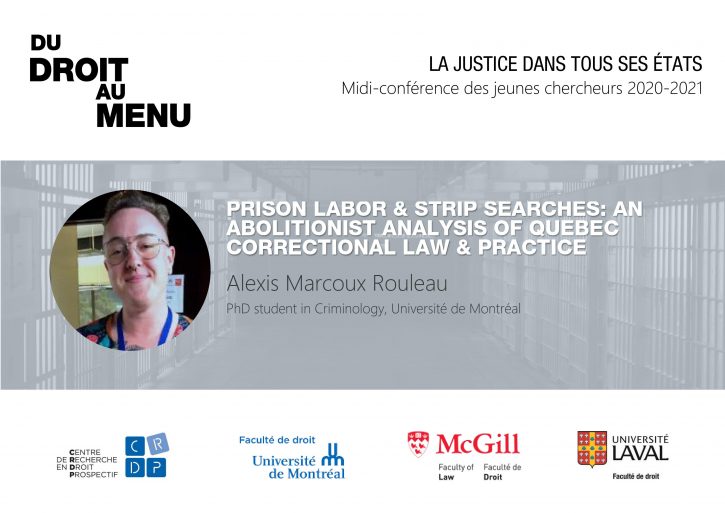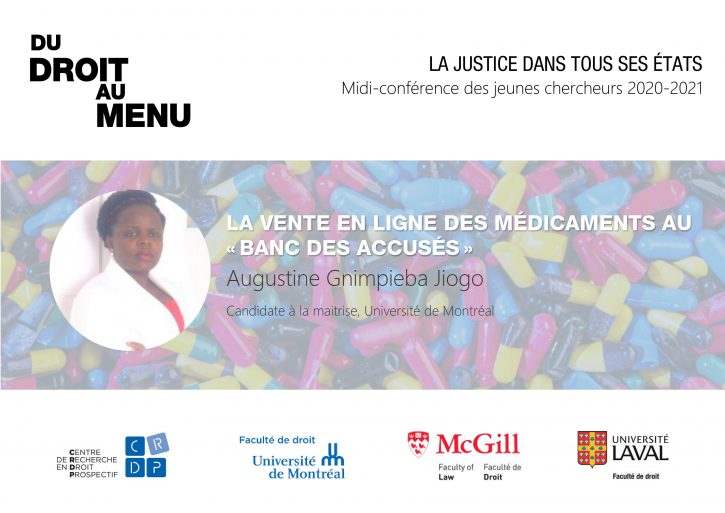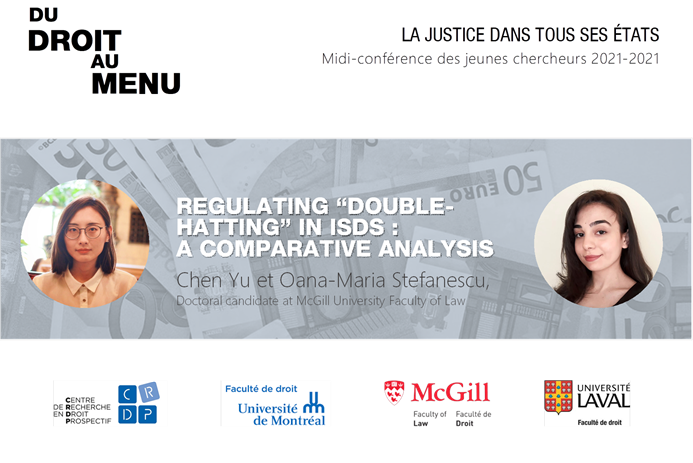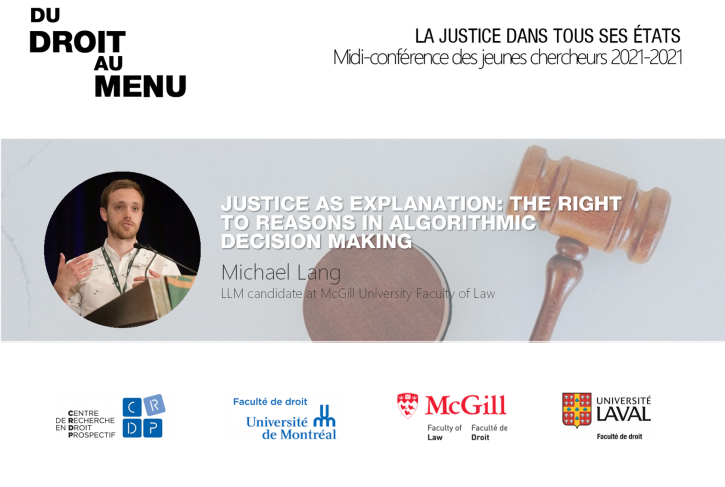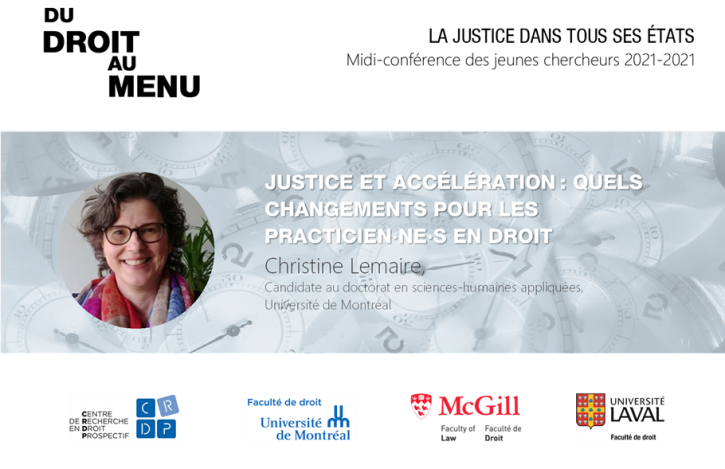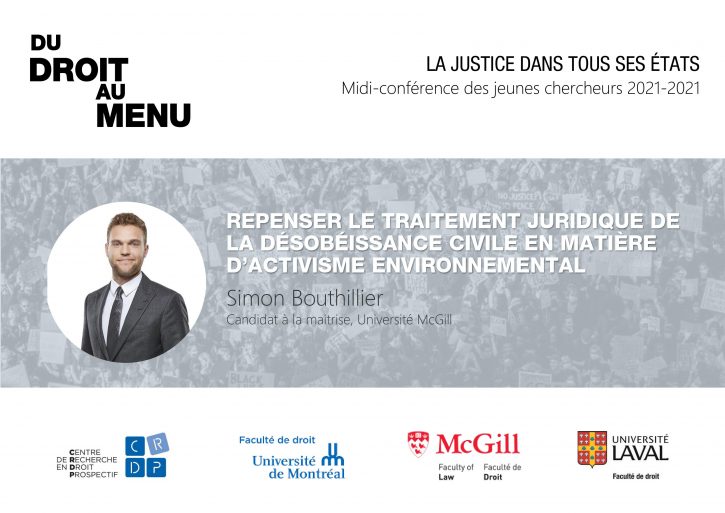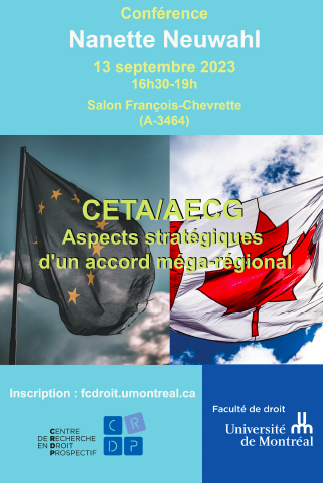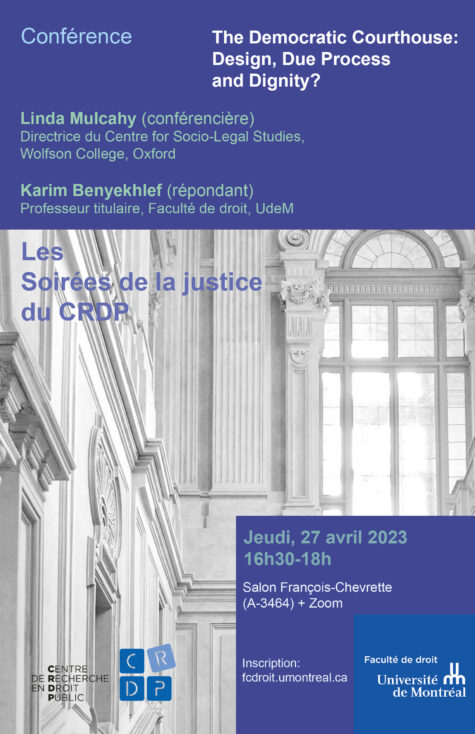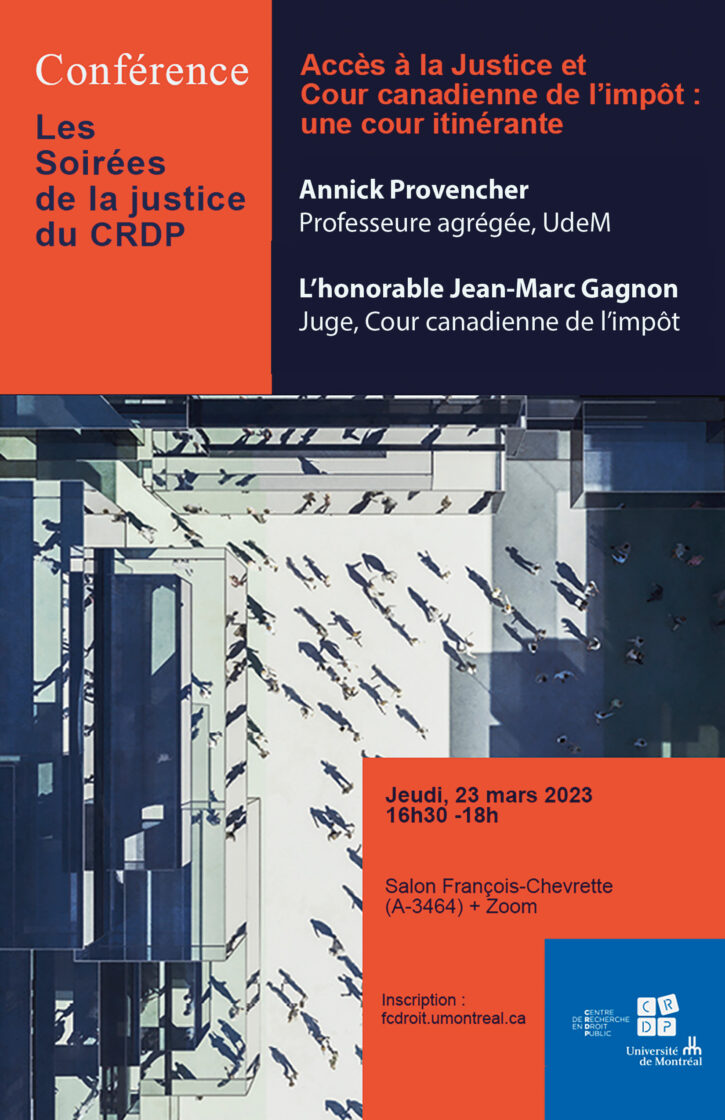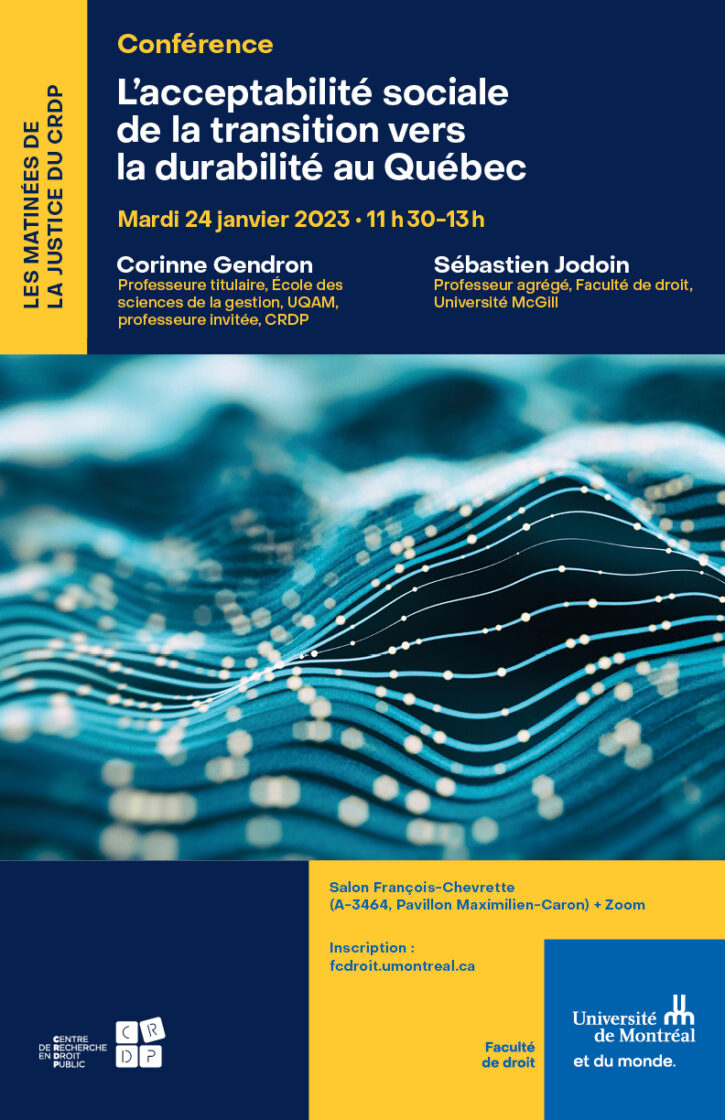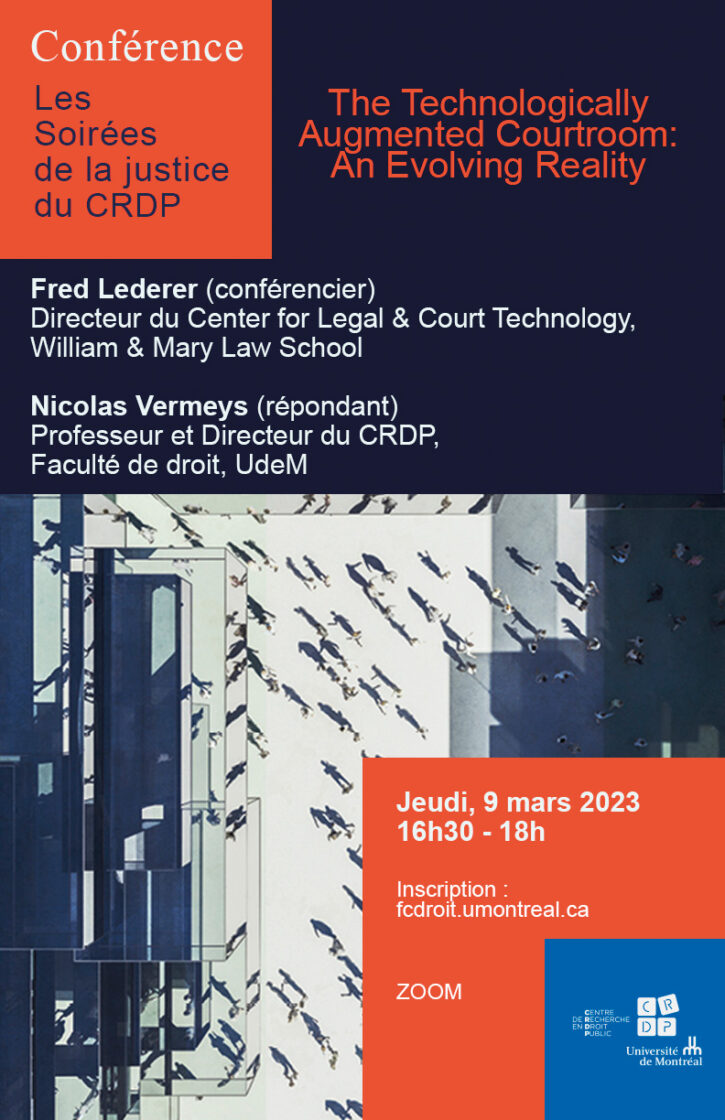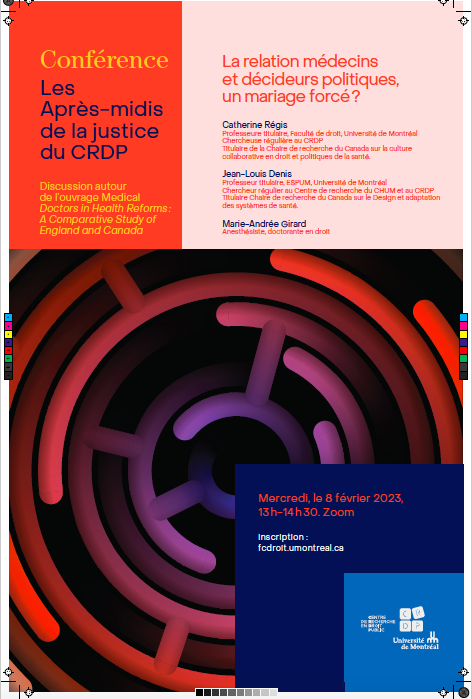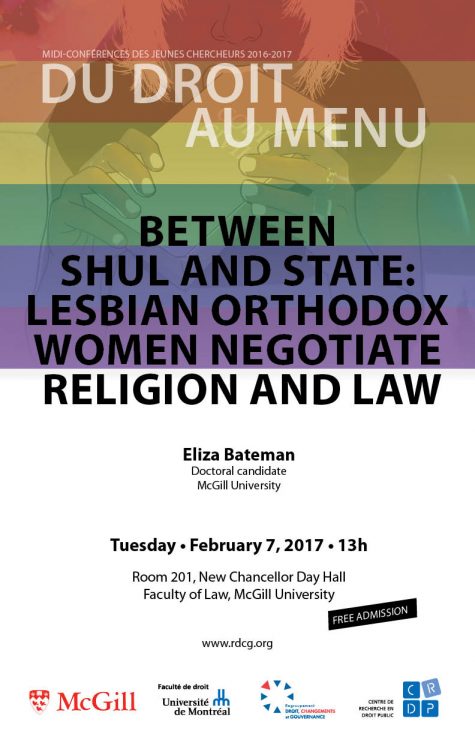 In this section of my research, I analyze tensions and attempted reconciliations that LGBTQ-identifying religious women experience in terms of their religious and sexual selfhood. This analysis is situated in the rights discourse of liberal democracies (such as the USA and Canada) where state law increasingly recognises the equality rights of LGBTQ people, including marriage equality, while also respecting the religious freedom rights of religions (or branches of religion) that disavow or forbid homosexuality. This interplay creates a tension for devout lesbian religious women between their formal (state) equality rights and conflicting rules that exist within their religious communities. I apply a legal pluralist lens to the experiences of Orthodox lesbian Jewish women in the USA and Canada, to identify the legal norms that are operative on these women. I then suggest that rights-respecting outcomes, congruous with these women’s religious identity rather than in conflict with it, may be possible through negotiations with religious pluralist orders rather than through a strict application of state law to the individual.
In this section of my research, I analyze tensions and attempted reconciliations that LGBTQ-identifying religious women experience in terms of their religious and sexual selfhood. This analysis is situated in the rights discourse of liberal democracies (such as the USA and Canada) where state law increasingly recognises the equality rights of LGBTQ people, including marriage equality, while also respecting the religious freedom rights of religions (or branches of religion) that disavow or forbid homosexuality. This interplay creates a tension for devout lesbian religious women between their formal (state) equality rights and conflicting rules that exist within their religious communities. I apply a legal pluralist lens to the experiences of Orthodox lesbian Jewish women in the USA and Canada, to identify the legal norms that are operative on these women. I then suggest that rights-respecting outcomes, congruous with these women’s religious identity rather than in conflict with it, may be possible through negotiations with religious pluralist orders rather than through a strict application of state law to the individual.
By focusing on the legal norms that operate within Orthodox Jewish communities (that challenge state law positions on LGBTQ rights), I unpack first how the act of lesbian sexuality is legally ‘unseen’ by the Torah, and how this regulatory gap has been filled by Talmudic rulings and community norms. I then investigate whether negotiations within this religious legal order between Rabbis, the religious community and lesbian women can give these women a new space as legal ‘subjects’ or agents, who remake or reinterpret the law that operates upon them, thereby achieving a lawful reconciliation between their sexual and religious selves.
